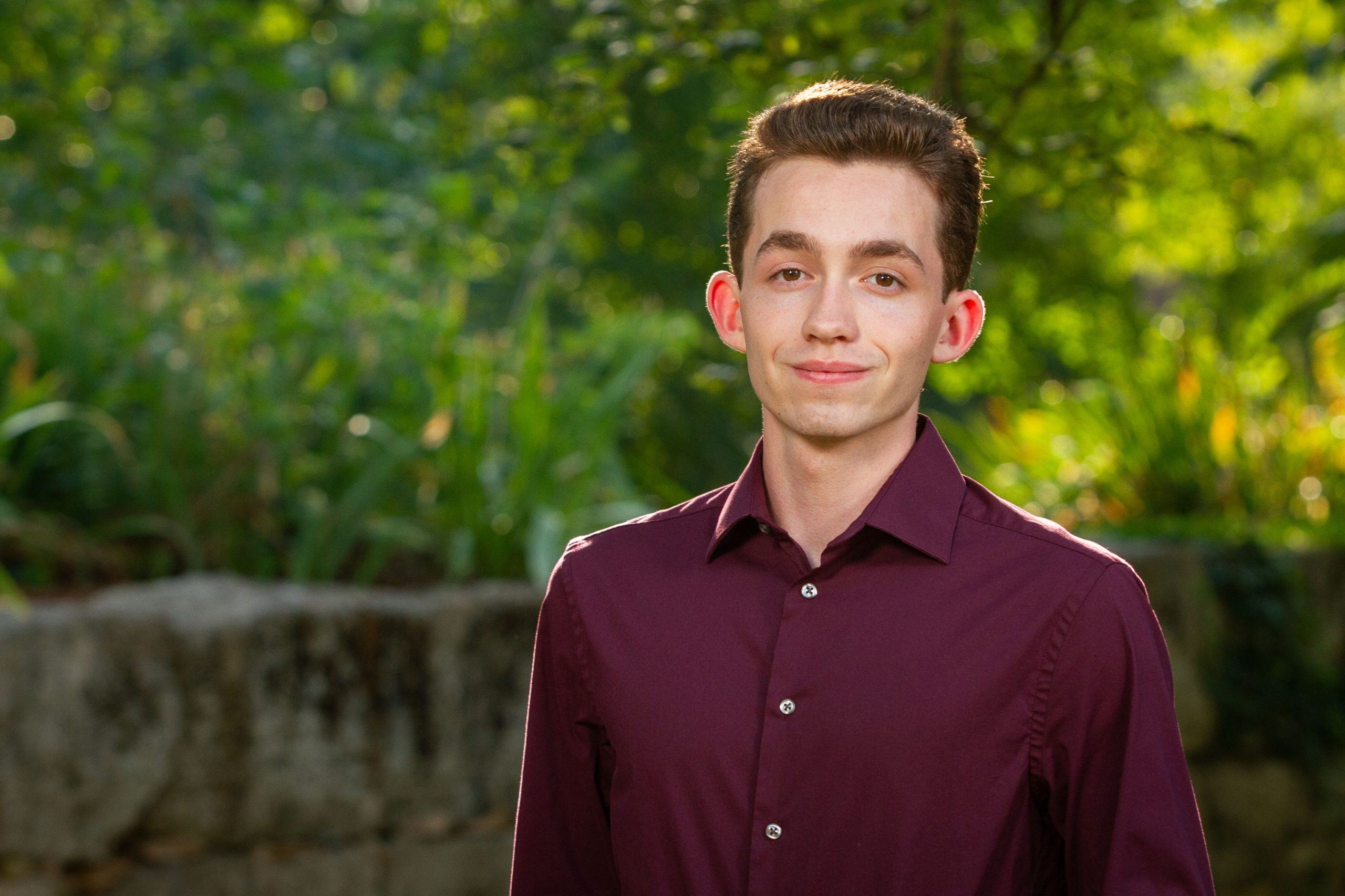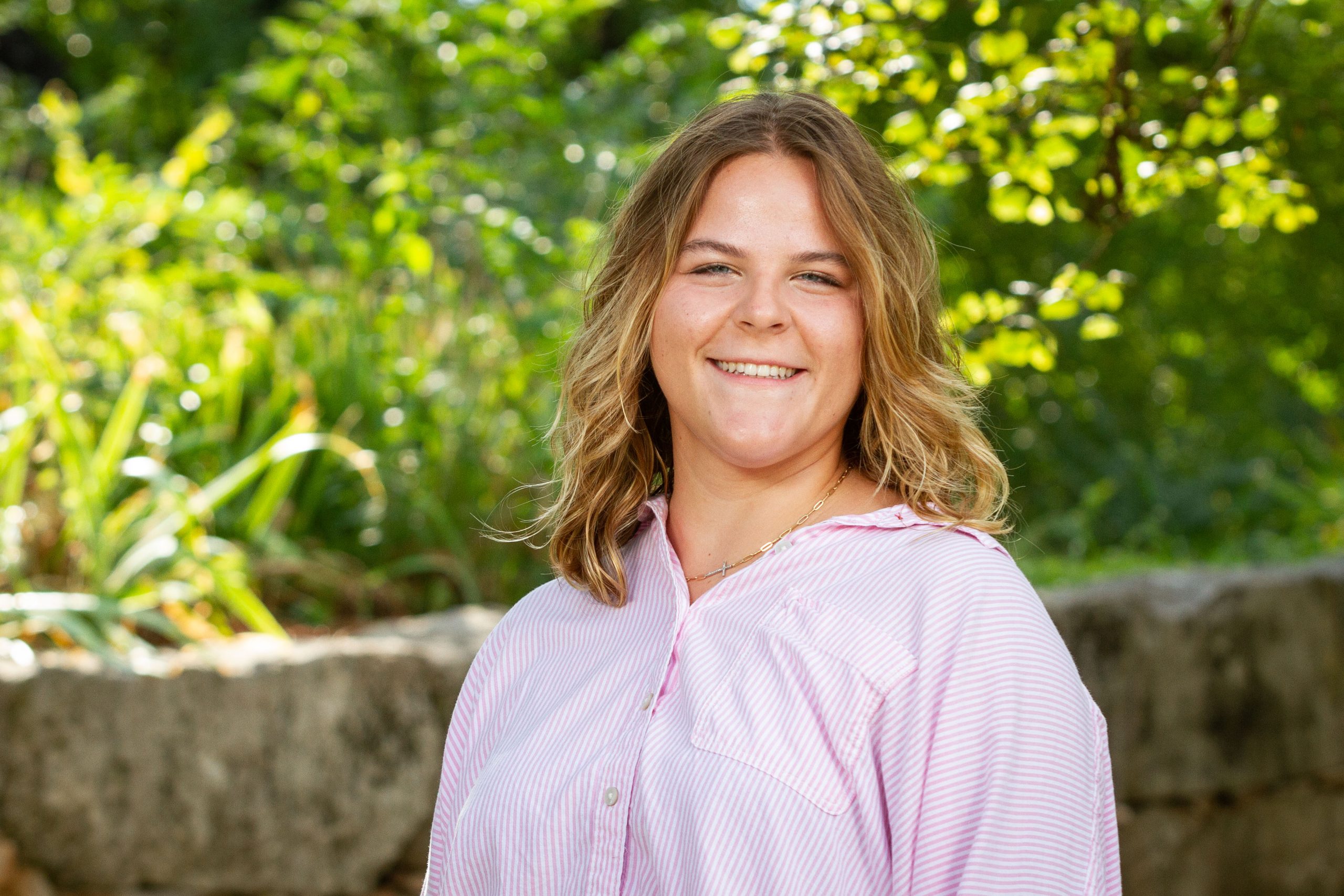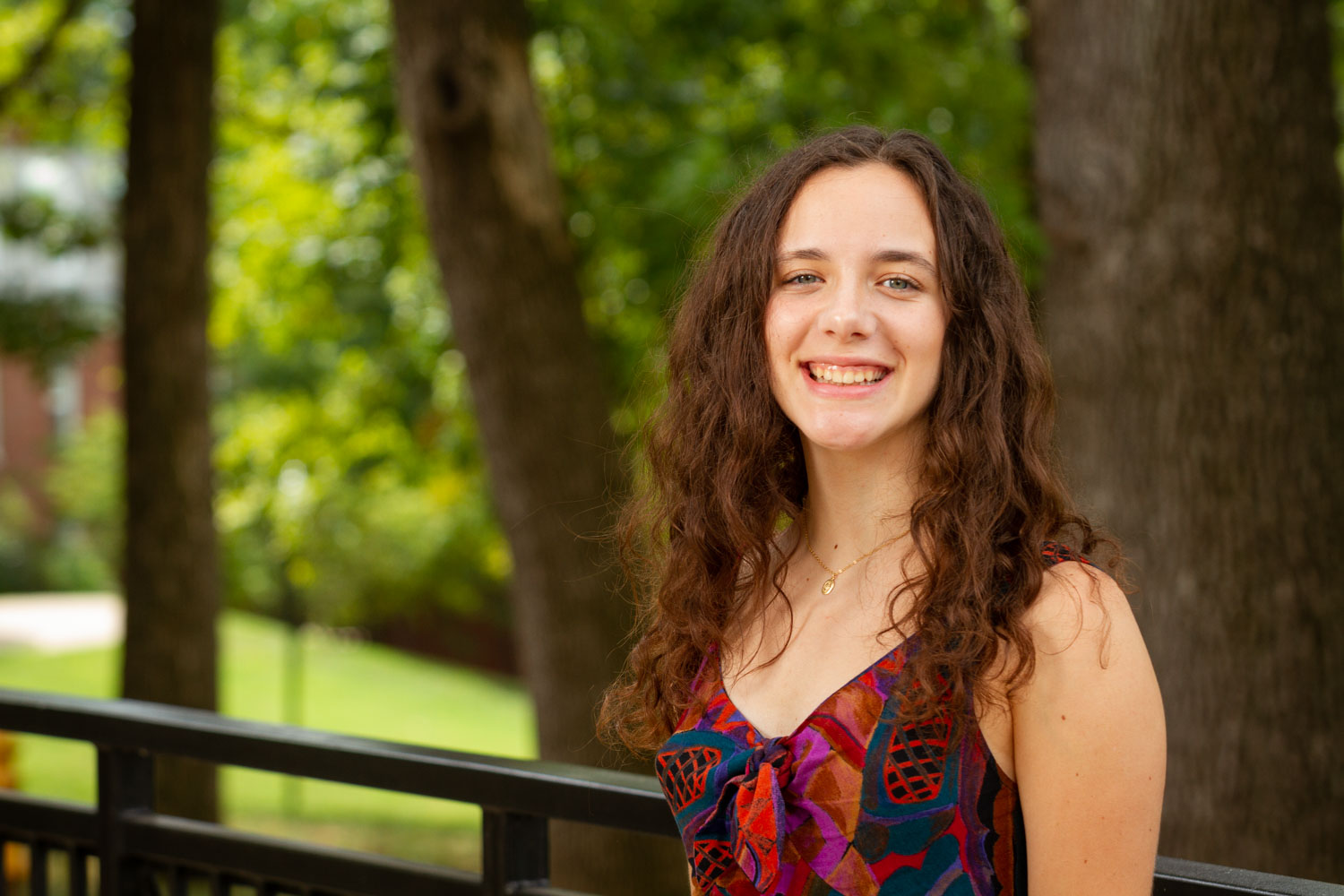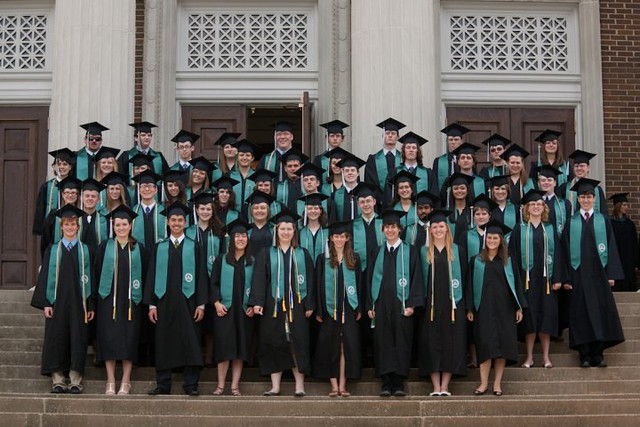My Favorite Clubs and Student Organizations
April 21, 2023 | Jiali Graham | No Comments
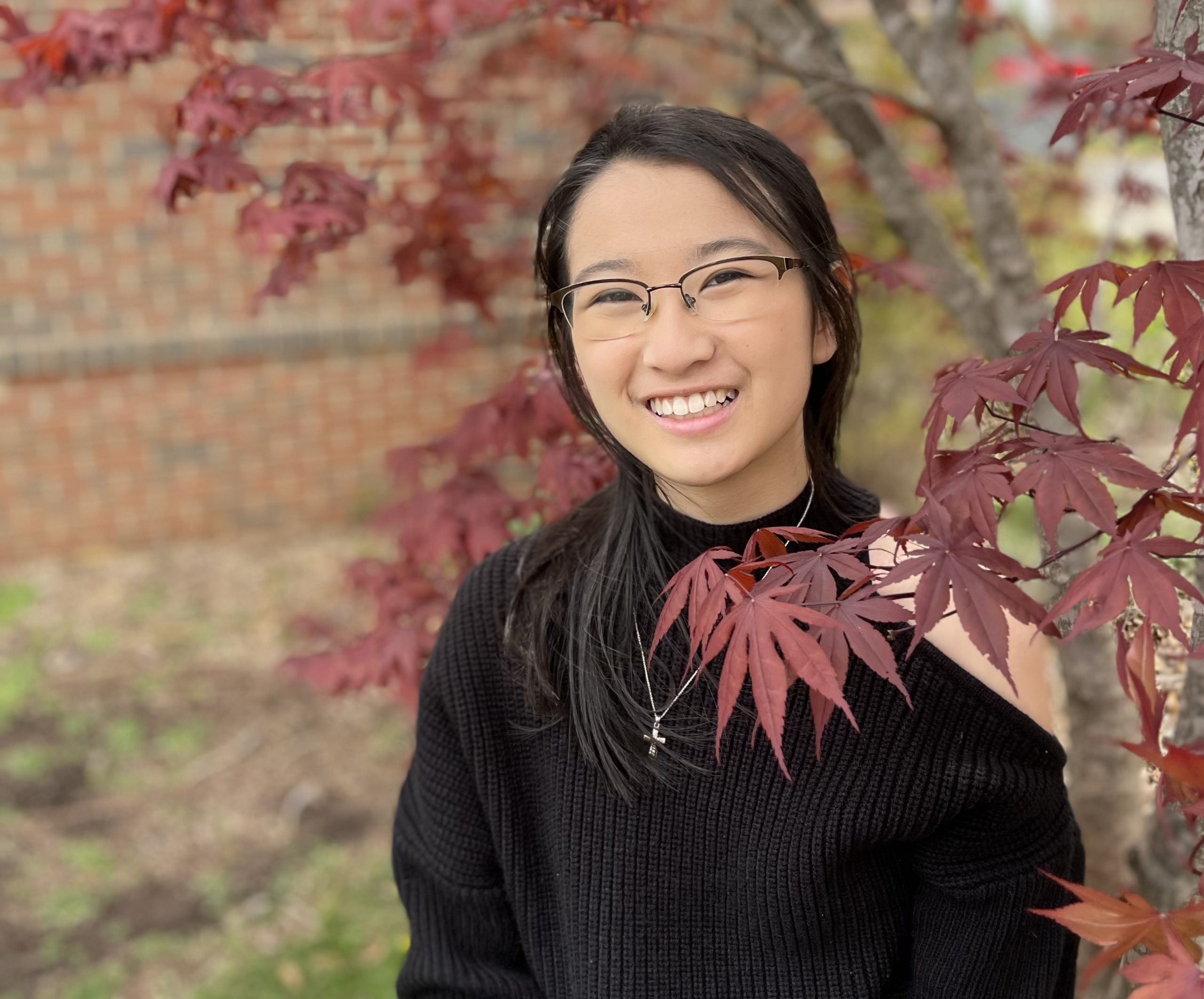
A lot of students I know were active in their sending school’s clubs and activities, and one big hesitancy for possible Gatton students can be whether they can continue to participate in clubs and activities. Well, I’m here to lessen some of your worries with a list of some of my favorite clubs and student organizations at Gatton (in no particular order)!
For reference, Gatton has over thirty clubs and student organizations with more to come, as any student can create their own club if it doesn’t already exist! The only difference between a club and a student organization is that a club is staff sponsored and a student organization is entirely student-led.
In addition, as Gatton students, we are also WKU students. So, we can join any organization on WKU. I’ve gone to a few AASA (Asian American Student Association) meetings. A few people I know are also a part of WKU’s Fencing Club, so you’ll find at least one club that intrigues you! Anyways, onto my list:
Student Y
This club participates in the KYA (Kentucky Youth Assembly) and KUNA (Kentucky United Nations Assembly) state conferences. KYA discusses issues in Kentucky and allows students to debate on bills that other students present. In addition, they have their own Media Corp, Supreme Court, Cabinet, and Lobbyists that all dive into the state’s government. KUNA discusses international issues, with each school representing a country and its views. Students will debate on resolutions that other students present. Similarly, they have their own special programs such as Media Corp, International Court of Justice, Security Council, Secretariat, and Non-Governmental Organization Representative that explore different aspects of international government. Both conferences also give students the opportunity to run as candidates to be heads of next year’s conference!
I have been a part of Student Y since sixth grade and joining Gatton’s delegation has been one of my favorite opportunities. Not only has it allowed me to continue my Y-journey, but it’s given me another group of amazing friends to work with.
International Club
This club explores different countries across the globe! They often have a fun informational presentation about the country’s history and traditions but fear not! You aren’t just listening to a presentation. They often cook that country’s cuisine for you to eat and have a fun activity involving that country’s culture to participate in! Sometimes it’s been a fun game of 1, 2, 3 Pescao (Puerto Rico), third player chase (Austria), Sapo (Peru), or making hanboks (South Korea). On top of it all, if there’s a country you really want to talk about, you can present it!
I’ve been a part of this club for the last two years. I’ve sincerely enjoyed every presentation and learning about all of the countries. We had a lot of laughs, good food, and played fun games. If you enjoy the Bowling Green International Festival, which hosts booths for dozens of different countries, I really think you’ll love this.
Paint Club
It’s exactly what the name sounds like, you paint. Much of the time is spent on freestyle painting on canvas. A lot of students take this club as a time to relax and wind down after a day of classes, and it can be much more than just typical acrylic paint. As one of the current presidents of Paint Club, I have never once painted on a canvas during my club hours. Instead, I often have my iPad and Apple Pencil out working on a digital painting! Other students have also brought in converse, rocks, or anything with a surface to paint. Notably, you do not have to be ‘good’ at art to join this club! We welcome all levels of art (but I’m going to think all of you are excellent artists no matter what).
I’ve only been heavily involved in Paint Club for one year, but already it’s been a lot of fun. We have a lot of great conversations while we relax and seeing everyone’s creations is always exciting!
Science Minded Kids
This club was just founded this year by Oliver Ghrist. He used to teach elementary students about science concepts with cool experiments (like the layers of the earth as layers of pudding), and he’s brought the idea here to Gatton! Members of the club often develop lesson plans or ideas on how to simplify scientific concepts or jobs for the students.
My involvement with this club has been limited, due to my own busy schedule, but every time I’ve gone it’s been a treat. It’s amazing to show kids science at a young age and get them excited! If you enjoy volunteering at the Center for Gifted Studies Super Saturdays, you’ll love this too.
Film Club
The activity is in the name! We watch movies that we voted on earlier in the week. The movie genres often vary, from horror to comedy, or anything in between. The best part of Film Club is bringing in your friends (and maybe some popcorn) to have a relaxing night after classes.
Whenever I can, I make sure to drop in. It can especially help to have a comedy movie after a stressful day or to watch my friends (and me) jump at horror movies.
Computer Science (CS) Club
CS Club is insanely helpful, especially for a junior’s first semester. Often, the club offers tutoring in Java—the language learned in the mandatory CS180 class. Advice from CS Club can also extend to the CPS (Computational Problem Solving) course, which is the mandatory CS/Math class for a junior’s second semester. Beyond tutoring, CS Club also participates in competitive coding. These competitions are not mandatory, but they are an option!
I’ve only attended a few meetings, but I’ve enjoyed their help!
There you have it! Those are some of my favorite clubs at Gatton. However, since I am only one person, I wanted to throw in a few other honorable mentions from other students:
- Bible Study
- Dungeons and Dragons Club (DND)
- Russian Club
- Arabic Club
- Biology Club
- Project Unite
For more clubs, check out: https://www.wku.edu/academy/student_life/student-activities.php
